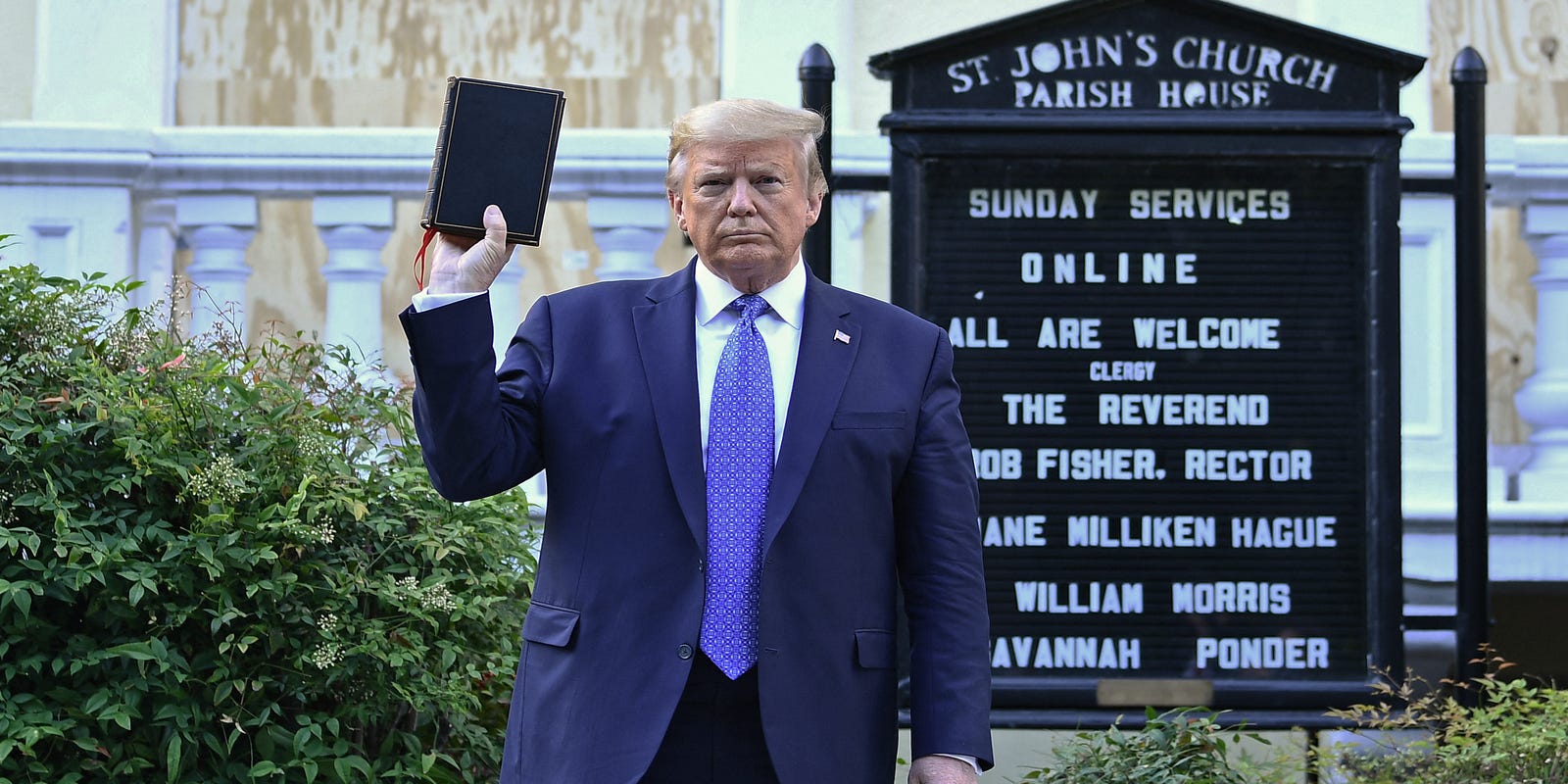Beyond the Ballot: Faith, Culture, and the Evolving Landscape of Religious Reporting in 2024

In the dynamic landscape of modern media, religious events and trends become headline-grabbing stories when they intersect with the complex world of politics. The boundary between faith and political power is often blurred, creating compelling narratives that capture public attention and spark widespread discussion.
Journalists and news organizations are particularly drawn to stories that reveal how religious beliefs and political movements influence each other. These intersections provide rich, nuanced insights into the social and cultural dynamics that shape our understanding of contemporary society.
From election-year religious voter demographics to policy debates influenced by faith-based perspectives, the connection between religion and politics continues to be a fertile ground for in-depth reporting and analysis. Media outlets recognize that these stories resonate deeply with audiences, offering a window into the intricate ways belief systems and political ideologies interact and evolve.
